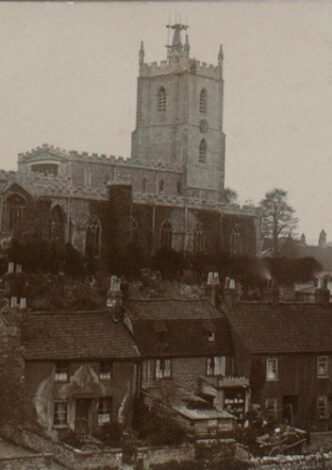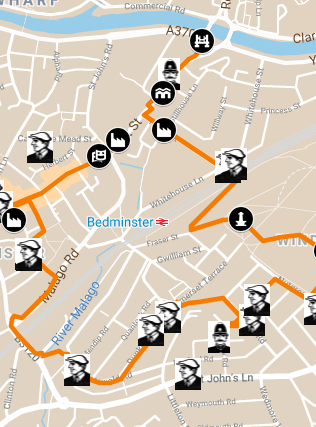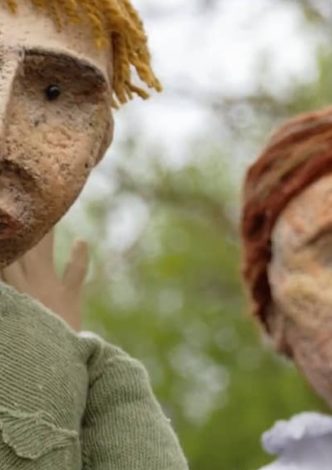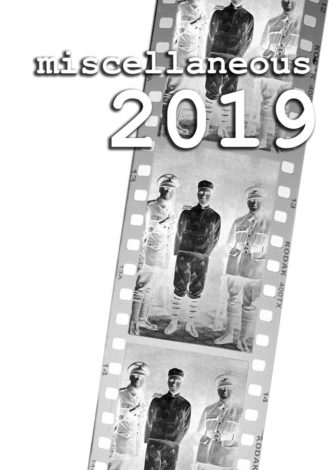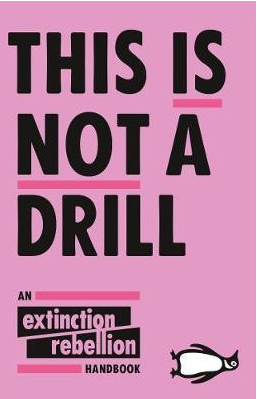In November, 2019 Louise Ryland-Epton gave an engaging talk entitled ‘By Pity and by Terror? A Contrary View of Workhouses’ at the M Shed, Bristol as part of the UWE Regional History Centre series of talks. As I had read and examined reports on shocking victimisation, neglect, exploitation and dehumanising treatment of later workhouse inmates I was intrigued to hear about an alternative, pre 1834 Poor Law Act, workhouse erected in Westbury-on-Trym. We are all familiar with the many indignant […]
 Not A BRHG Event
Not A BRHG Event
By invitation of Pill Library and Children's Centre Crockerne House, Underbanks, Pill, BS20 0AT Wednesday, 19 February 2020 @ 2pm Author Rosemary Caldicott will be telling us about her book in which she investigated the intriguing histories of nautical women. These include stories of cross-dressing women who went to sea to earn a living and the mad, tragic and often funny consequences they encountered and endured. Living in or near Bristol, we’re all quite familiar with images of sailing ships – […]
The trial and execution of Charles I in 1649 has in the past been portrayed as the outcome of a crazed 'bloodlust' for revenge by supporters of parliament. This simplistic and dubious narrative obscures more than it reveals, and what is hidden by it is quite remarkable. Norah Carlin's new book Regicide or Revolution? What Petitioners Wanted, September 1648 - February 1649 is a collection and examination of the petitions from numerous units of the New Model Army and commoners around England in […]
 Not A BRHG Event
Not A BRHG Event
Members of Bristol Radical History Group will be running our stall at this event. Come and say 'hello!'
A map of resistance to World War 1 in Bedminster, a district of South Bristol. It shows the homes of over 40 Conscientious Objectors and others who took part in resistance to World War 1, as well as places where they worked, met and organised, and other sites of significance. The map grew out of research for Steps Against War, a history walk created by Otherstory and a group of local people, in collaboration with Remembering the Real World War 1. The project was supported by the National Lottery […]
This is a film of Steps Against War, a history walk with puppets and song, telling the stories of Bedminster people who resisted the First World War. Bedminster, a district of South Bristol, was home to at least 40 Conscientious Objectors, and others who took part in networks of resistance. The walk was a community production led by Otherstory in collaboration with Remembering the Real World War 1, and was performed in Bedminster in April 2019. The project was supported by the National Lottery […]
Directed by Anthony Howard, 1989, 60min A rare chance to watch part 2 of the Channel 4 documentary series on the Greek Civil War of 1946-49 made in 1986; we screened part 1 in 2018. This documentary explores how the clash between British and US interests in Greece and the left-wing Greek Resistance against the Nazi occupation led to Civil War - and Greece becoming the first battleground of the Cold War. The liberation of Athens in 1944 was followed by a period of extreme right-wing terror […]
This Saturday there’ll be post-election fun and games with a serious edge at this event – a fundraiser for Bristol Antifascists and the launch of a new BRHG pamphlet plus a seasonal knees-up – all in one night. It’s on Saturday 14th December, from 7.30pm, £3 suggested donation on the door, at The Plough, 223 Easton Road, Bristol, BS5 0EG – see Bristol Antifascists website and the FB event. The Bristol Radical History Group are asking their followers/supporters to come along at 7.30pm for the […]
Book review and discussion of Extinction Rebellion: This is Not a Drill: An Extinction Rebellion Handbook, ed. by Clare Farrell et al. (London: Penguin, 2019). Question: Who was described as a ‘true feminist green revolutionary’ in October 2019? (answer at the end; no scrolling now…) ‘Run comrade, the old world is behind you!’ went one of the slogans in Paris 1968. This is still true, comrade, and, catastrophically, the old world of predatory capitalism is rearing up in front of us too. […]
